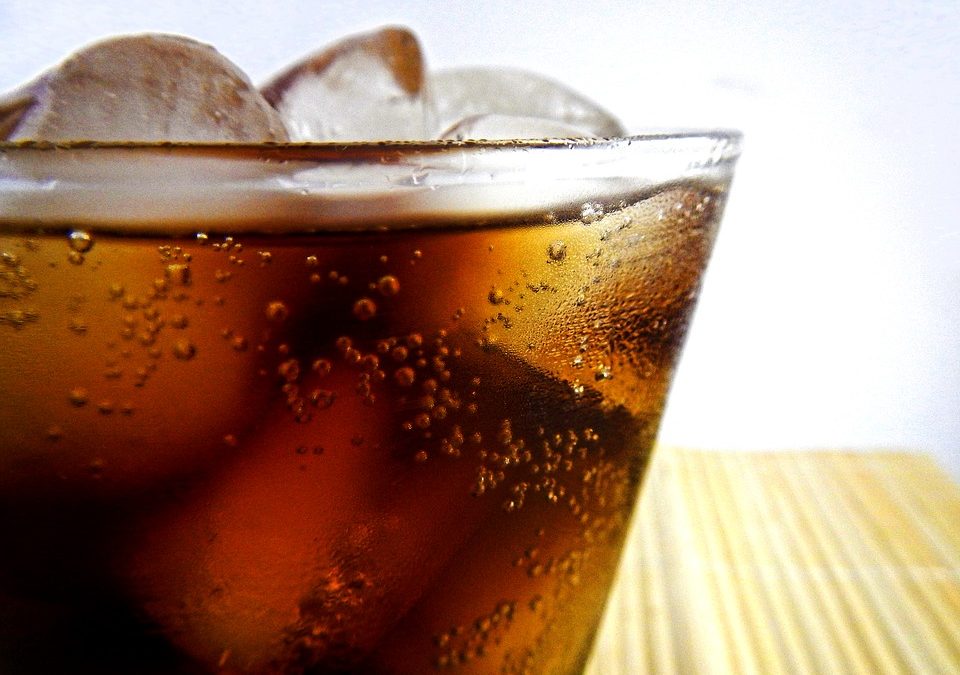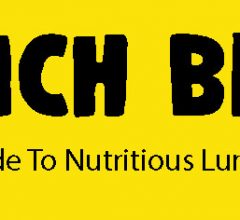Today marks the day that a long-debated sugar tax on sugar-sweetened beverages is applied. This ‘Sugar-Sweetened Drinks Tax’ will mean that drinks containing more than 8g of sugar per 100ml will incur a 30c tax per litre. Drinks containing 5g-8g of sugar per 100ml will incur a 20c tax per litre.
The tax aims to reduce obesity levels. According to Professor Donal O’Shea, obesity-related conditions have accounted for 20-40,000 deaths in the last decade.
What does this mean for your pocket though? For example, a further 60cent will be added to a 2L bottle of Coca-Cola, 15cent will be added to a 500ml bottle and 10cent more will be added to a 330ml can, based on it’s sugar content.
‘What about my fruit juice?’ Pure fruit juice will not be taxed unless sugar has been added to it and therefore it contains a taxable amount. Dairy will not be taxed as it contains a wide variety of valuable nutrients, particularly for children.

It’s important to discuss added versus natural sugars so there’s no confusion. Added sugar includes sugar added when a product is being made. There are many, many different names for added sugar which can appear on a label. These include high-fructose corn syrup, sucrose, rice syrup and maltose. Natural sugars occur naturally in a product. Fruit, vegetables and dairy contain natural sugars. The World Health Organisation recommends that children do not consume more than 6 teaspoons of added sugar per day and adults consume no more than 12 teaspoons of added sugar per day.
So will it work? Will people notice a difference at all? More importantly, will it tackle obesity? Drop me a message and let me know your views and as always, if you have any questions, just ask.
Emma 😊












